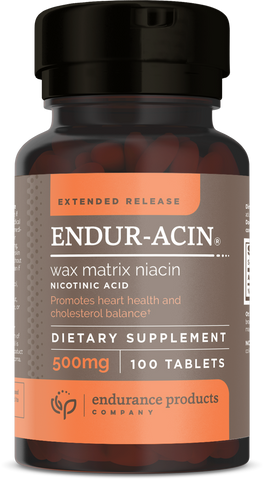Temptation lurks all around us. Why should it be in your home? To make sure you surround yourself with the healthiest fare, make sure these five foods are nowhere in sight.
1. Granola
Clever marketers have made it seem like granola is a health food. It’s anything but. While it’s often chock full of good-for-you nuts and oats, it’s also laden with not-so-good-for-you fat and sweeteners. Nuts and oats aren’t naturally sweet, so manufacturers add sugar, molasses, brown rice syrup, or other sweeteners to the granola, as well as hydrogenated oils. Add to that, because you think you’re eating something healthy, you’ll be throwing handfuls of granola without an ounce of thought.
2. Diet soda
While you may think diet soda is better than regular, it’s not exactly good for you. While it’s true that diet drinks have no calories, that doesn’t mean they don’t pack on the pounds. In one population study, researchers at the University of Texas followed over 700 people for about 10 years to find waistlines steadily expanded as diet soda intake increased. Those who drank diet soda every day added over three inches to their waistlines, on average, while occasional drinkers added almost two inches. By contrast, people who passed on the sweet stuff barely added an inch over the 10-year study period. Why? Research is mixed, but one theory is that artificial sweeteners stokes your sweet tooth, setting off cravings that lead you to binge on high-calorie foods later.1
3. Low-fat or fat-free salad dressings
Fat-free does not always equal healthy. Very often it can mean just the opposite, because these dressings typically contain high-fructose corn syrup to flavor them. Fat-free dressings have another drawback as well, according to research done at Purdue University.2 They prevent you from absorbing the fat-soluble carotenoids — compounds such as lutein, lycopene, beta-carotene and zeaxanthin — in the salad fare. These carotenoids are associated with reduced risk of several chronic and degenerative diseases such as cancer, cardiovascular disease and macular degeneration.
4. Salt
There are so many healthy spices widely available these days that nobody needs to stock their pantry with salt. But we are still eating way too much of it in processed foods and table salt. The Dietary Guidelines for Americans recommends Americans consume less than 2,300 milligrams of sodium per day. And yet, we’re eating an average of more than 3,400 mg a day … and that doesn’t include the salt we add at the table!3 Whether it says table salt, sea salt, or kosher salt, it all contains sodium. And eating too much of it puts you at risk for developing serious medical conditions, like high blood pressure, heart disease, and stroke. Keep it out of the house, and you won’t be tempted to shake it onto your food or grab high-sodium packaged foods.
5. Powdered coffee creamer
While the original form of coffee creamers contained actual dehydrated cream and sugar, the powdered creamers of this millennium are full of hydrogenated vegetable oils, stabilizers, artificial sweeteners, and other additives and preservatives. These fake ingredients can not be good for you, even in the small amounts you’re putting in your coffee.
Getting rid of these needless foods will make room for healthy ones!
About Endurance Products Company
Endurance Products Company has been a trusted source of quality dietary supplements since 1978. Our sustained-release and extended-release tablets feature a unique vegetable wax matrix that releases nutrients in a slow, steady manner over a period of hours for optimal nutrient absorption and retention.
References
1. Fowler SP, Williams K, Hazuda HP. Diet soda intake is associated with long-term increases in waist circumference in a biethnic cohort of older adults: the San Antonio Longitudinal Study of Aging. J Am Geriatr Soc. 2015;63(4):708-15. PMID: 25780952.
2. Goltz SR, Campbell WW, Chitchumroonchokchai C, Failla ML, Ferruzzi MG. Meal triacylglycerol profile modulates postprandial absorption of carotenoids in humans. Mol Nutr Food Res. 2012;56(6):866-77. PMID: 22707262.
3. Mercado CI, Cogswell ME, Perrine CG, Gillespie C. diet quality associated with total sodium intake among US adults aged ≥18 years: National Health and Nutrition Examination Survey, 2009-2012. Nutrients. 2017;9(11). pii: E1164. PMID: 29068397.

